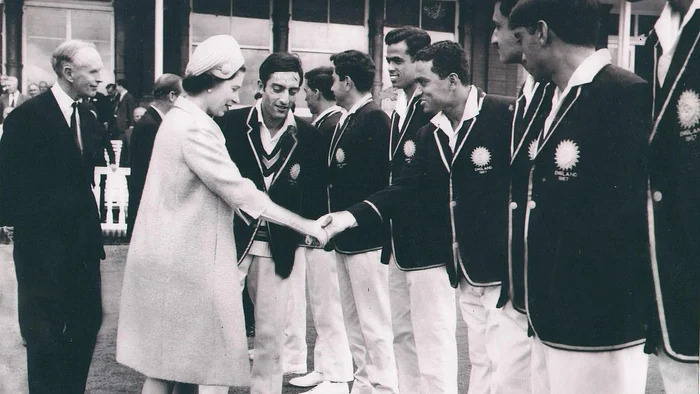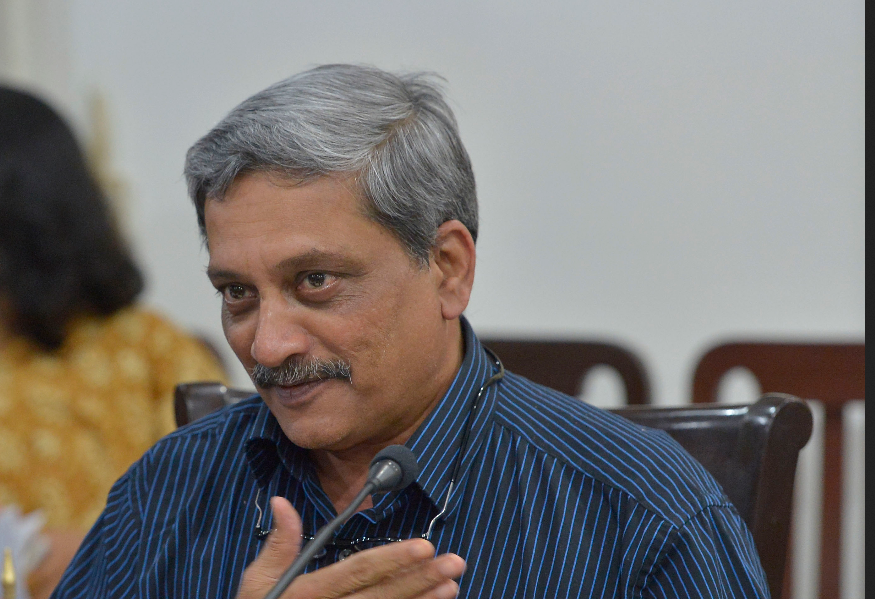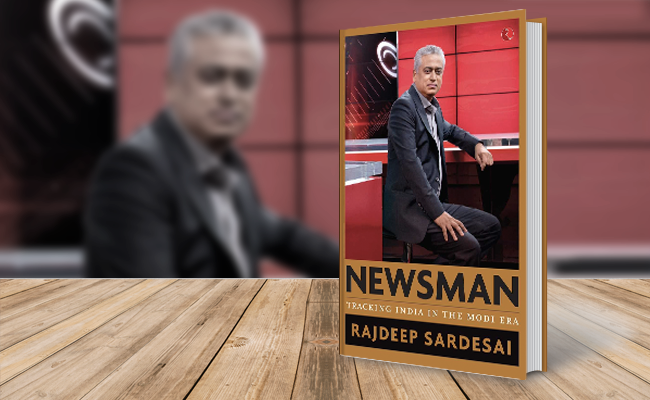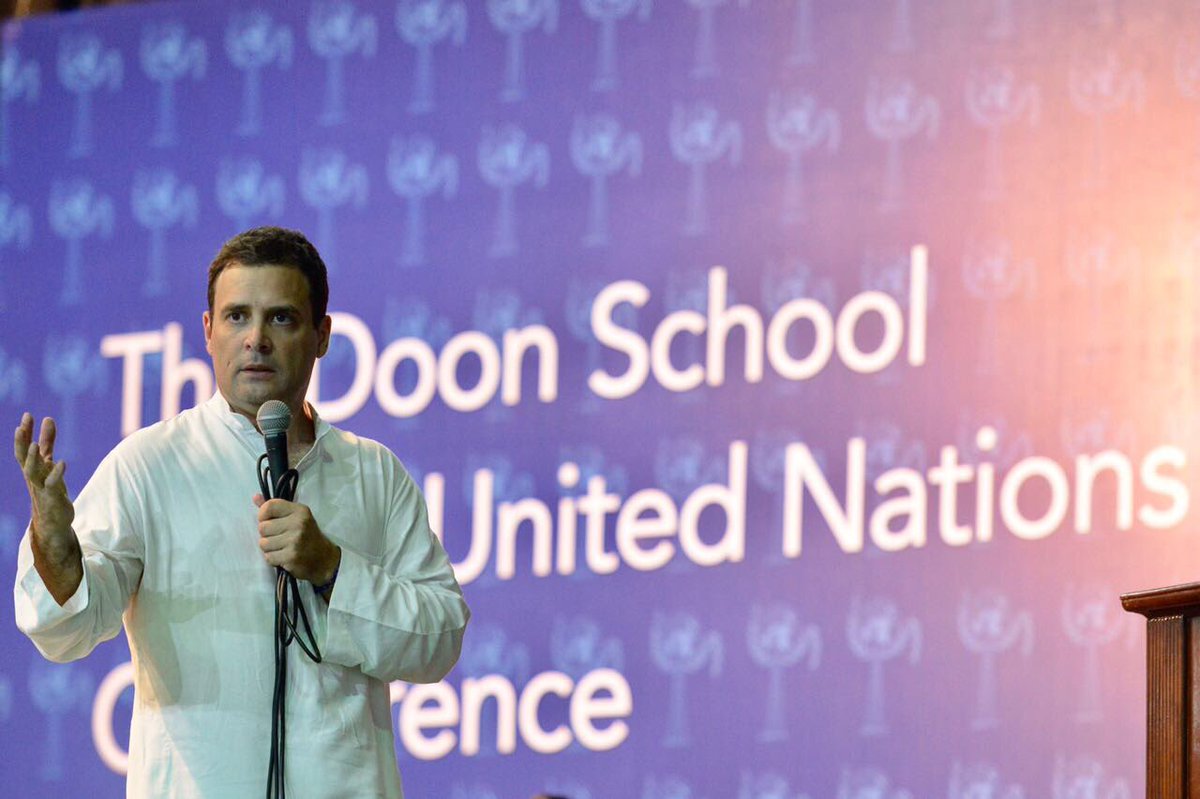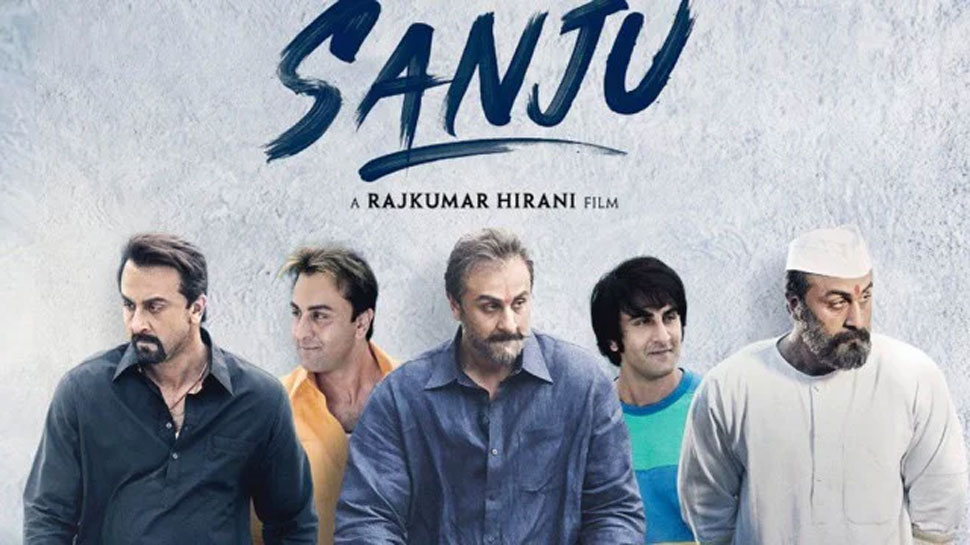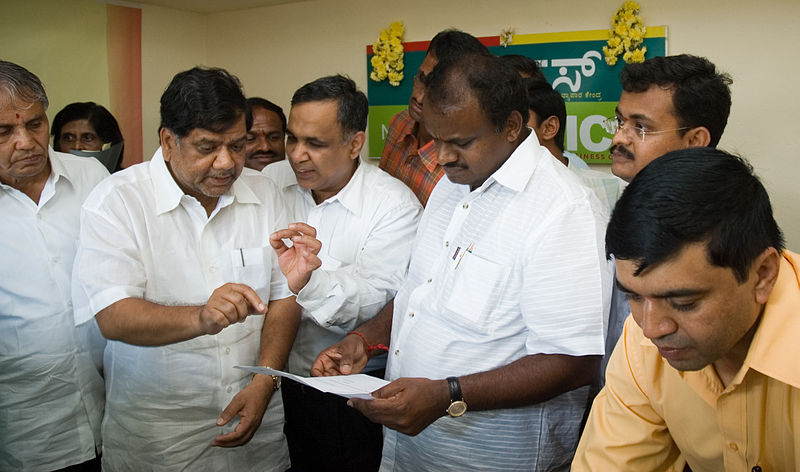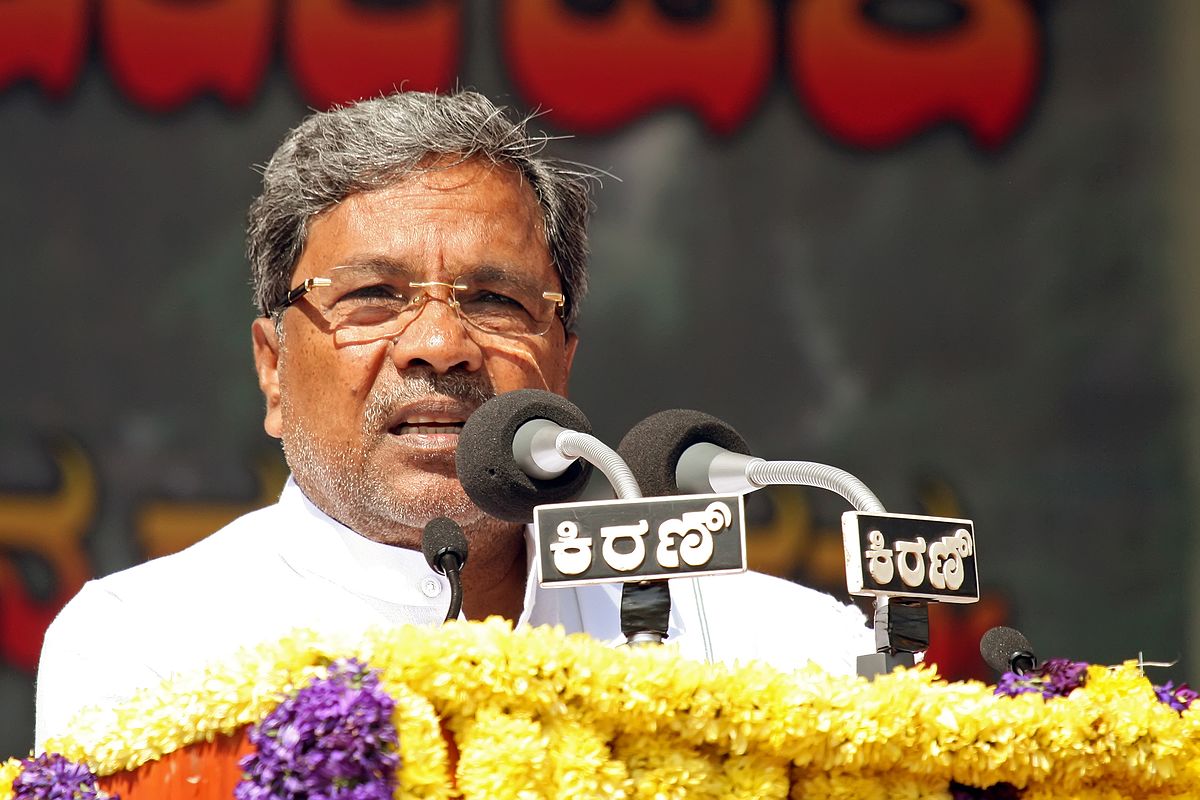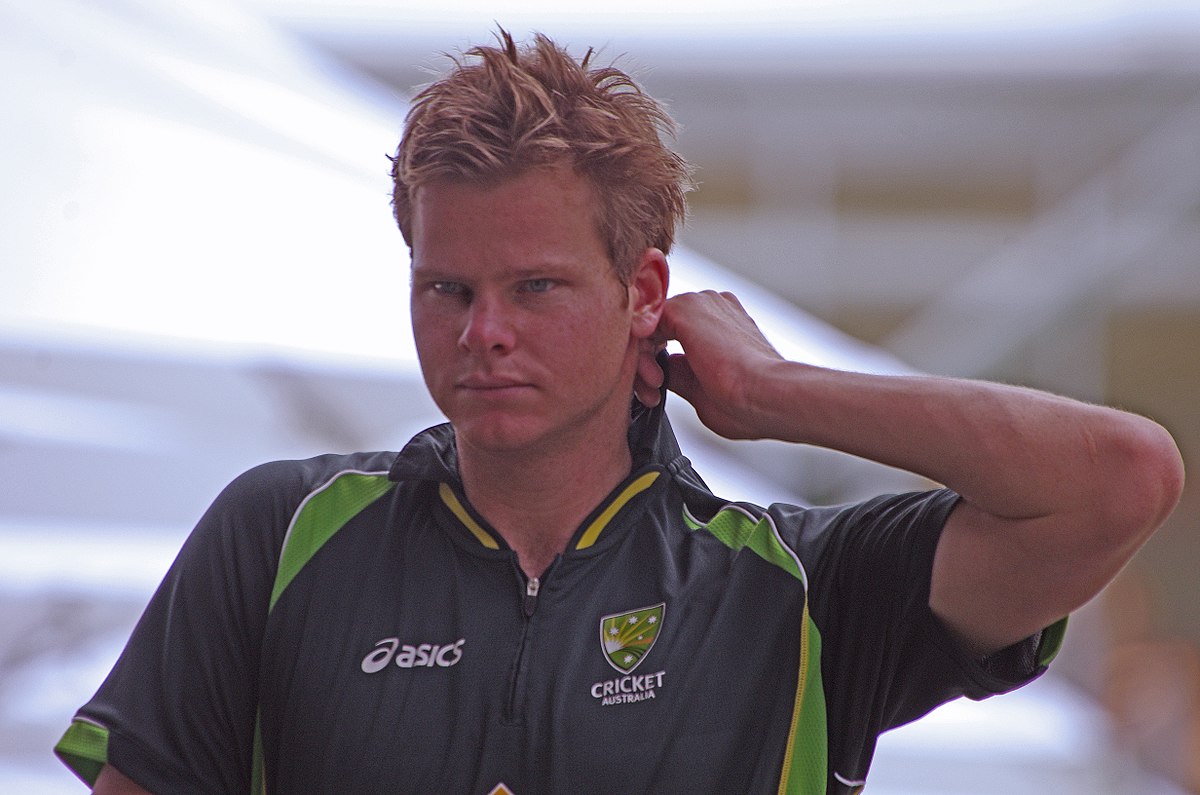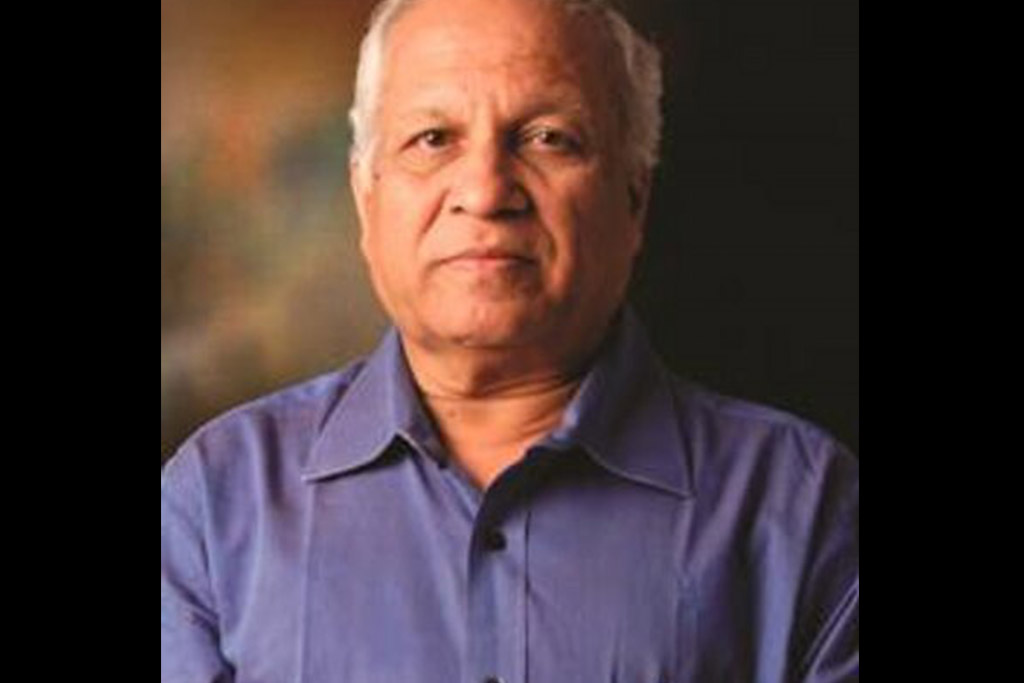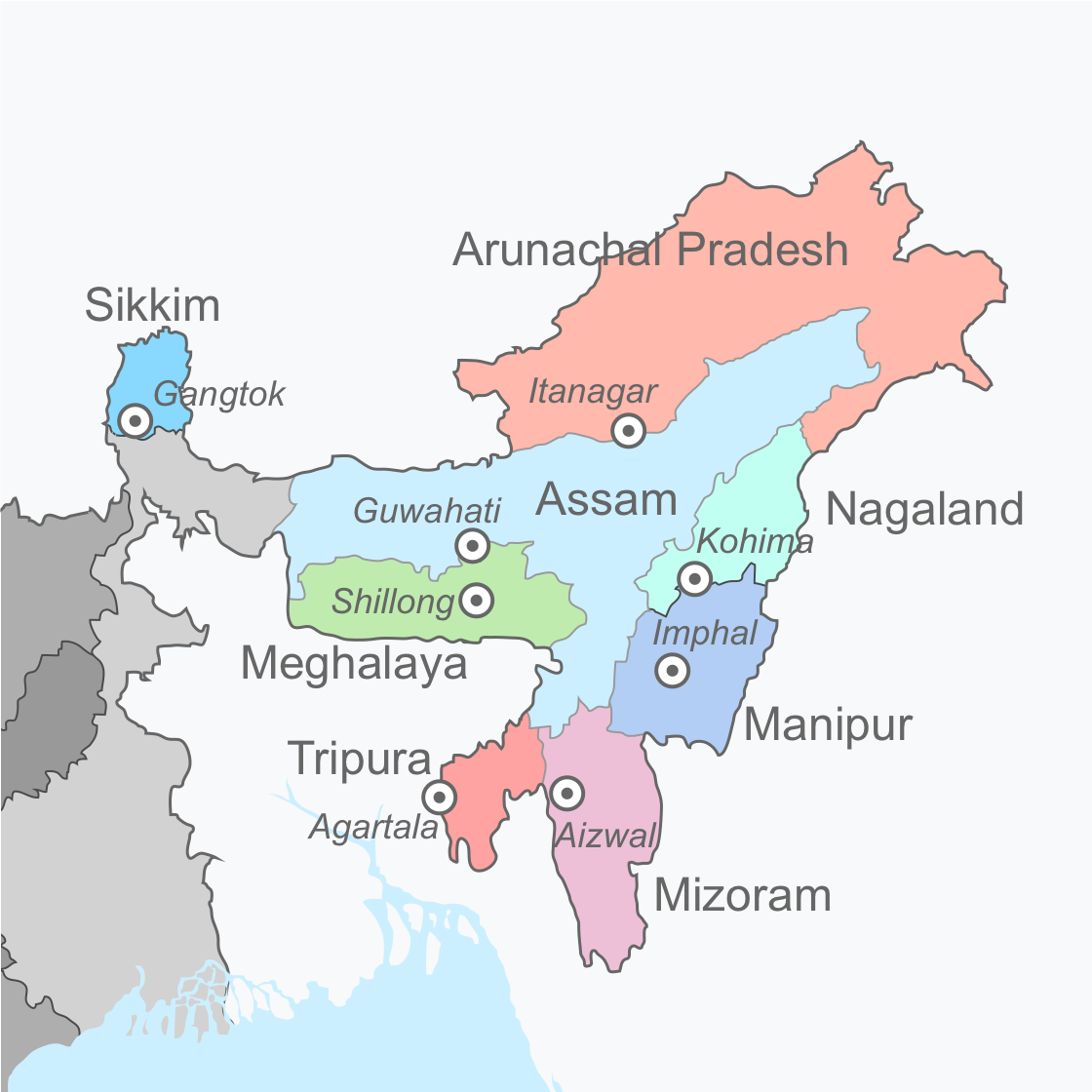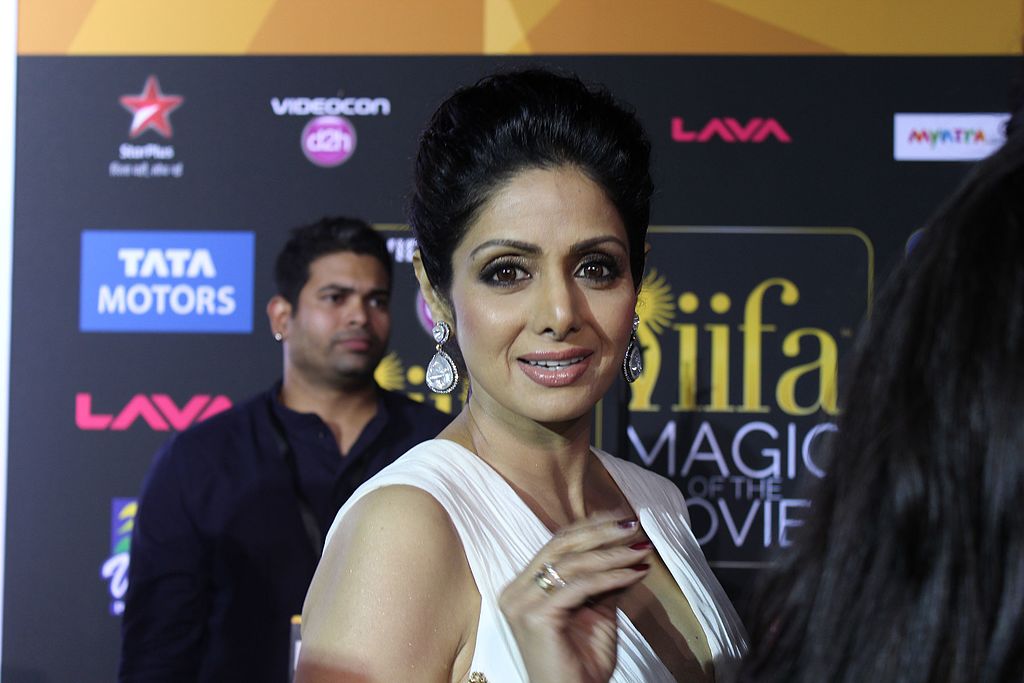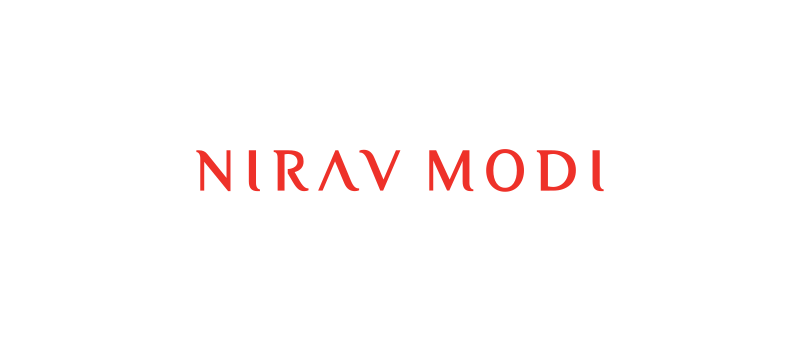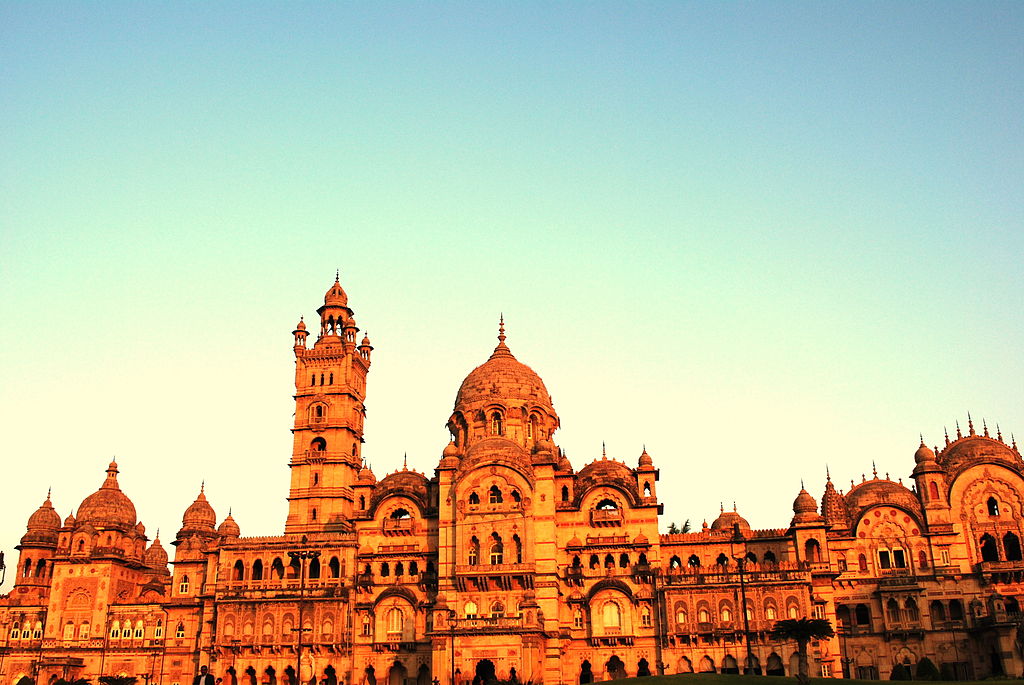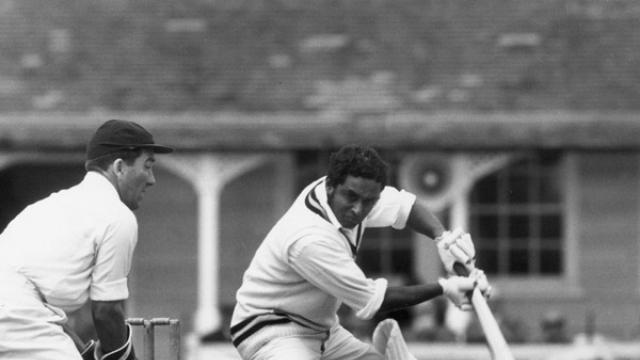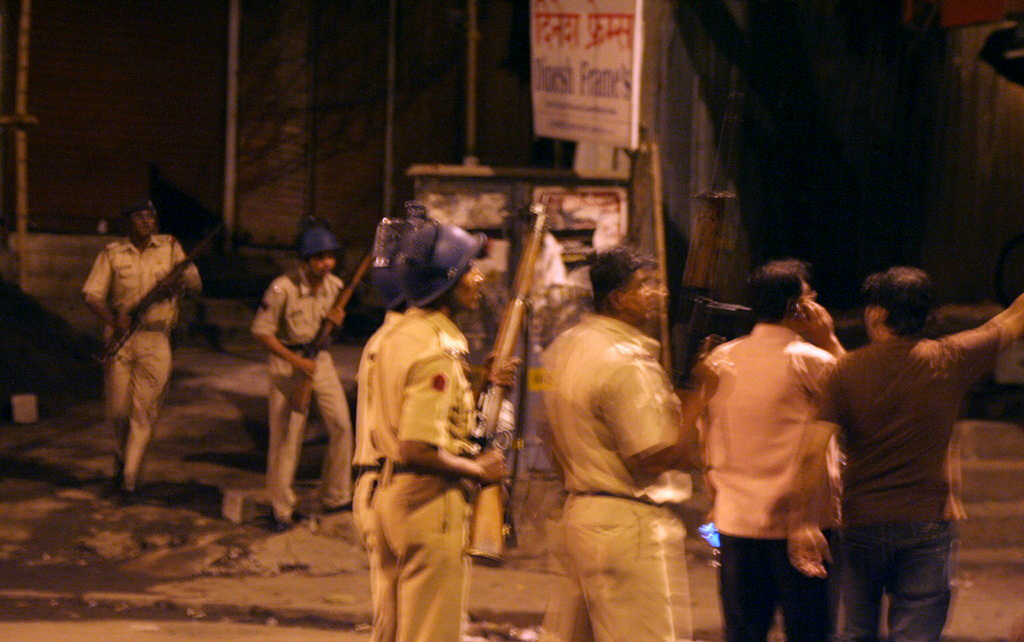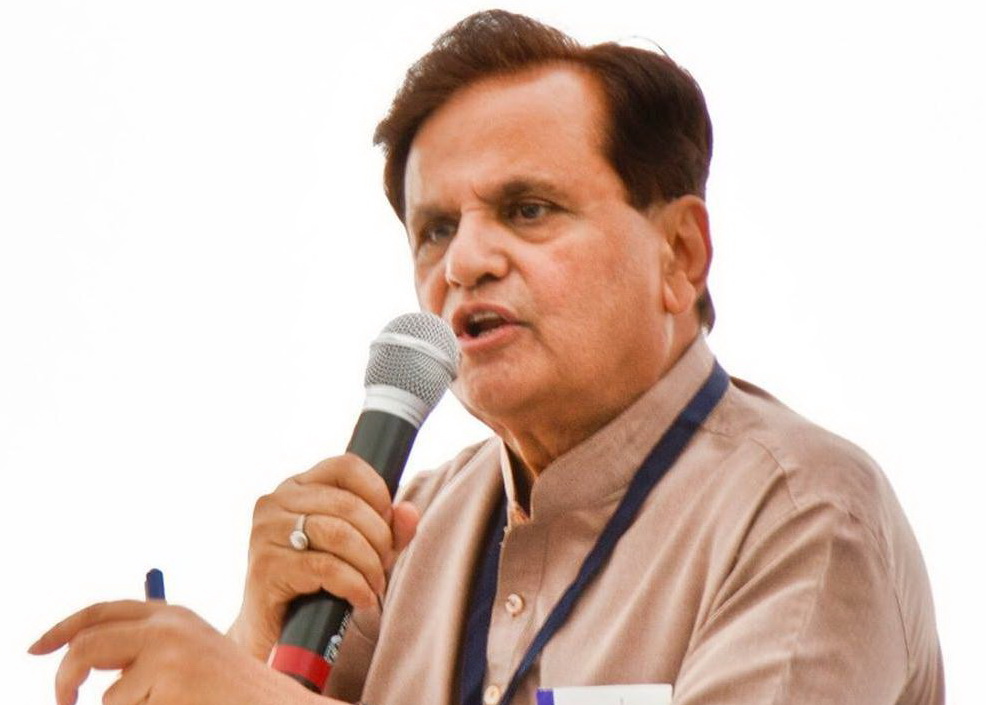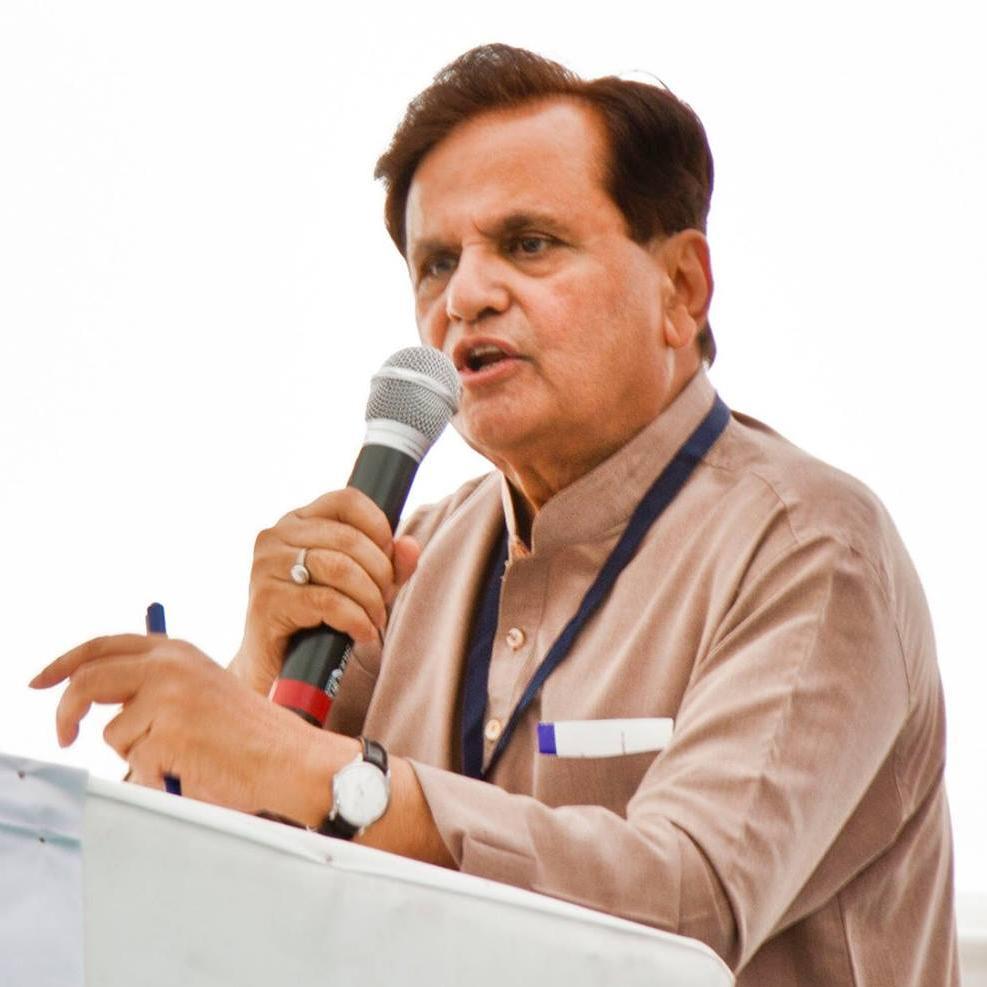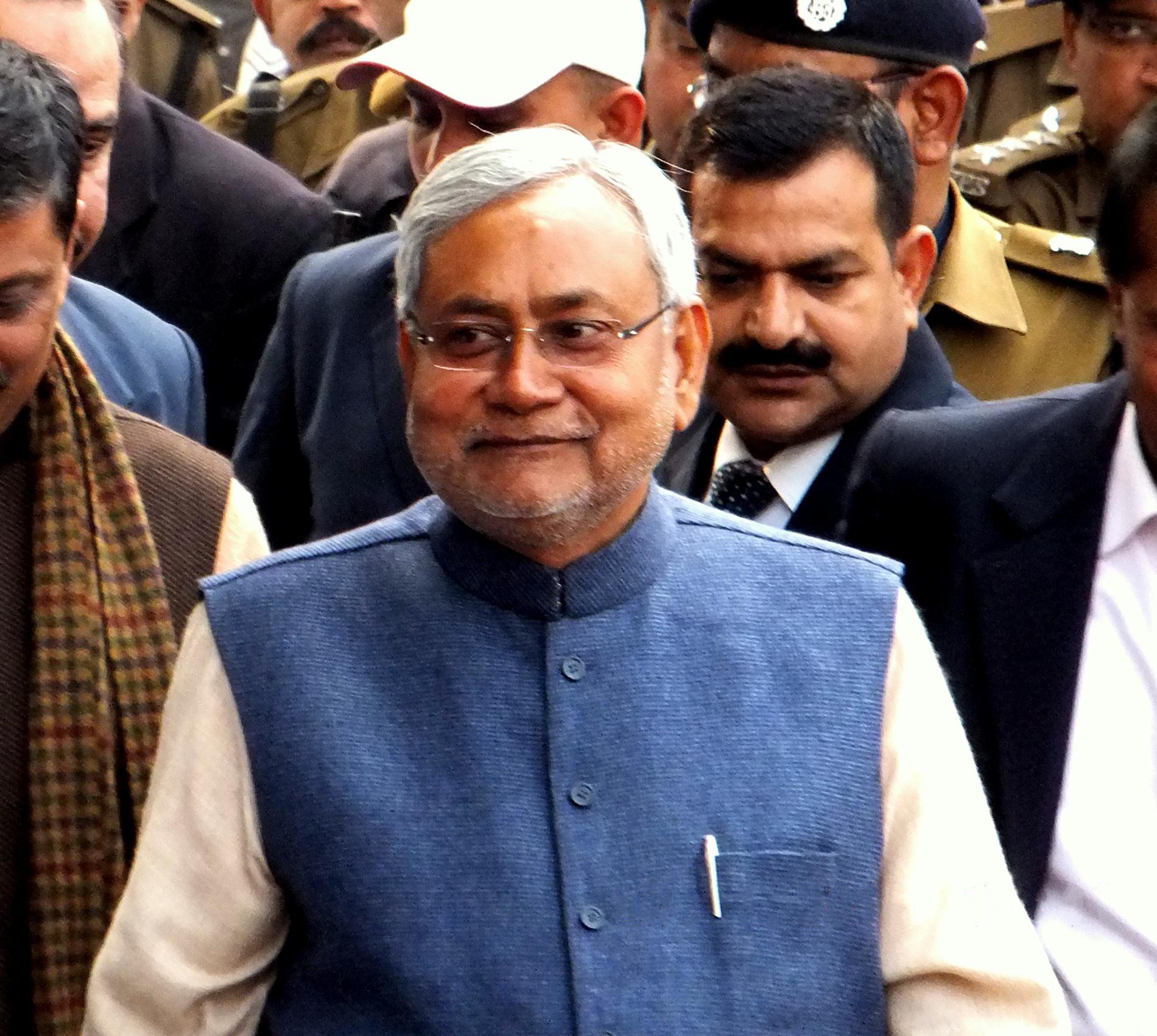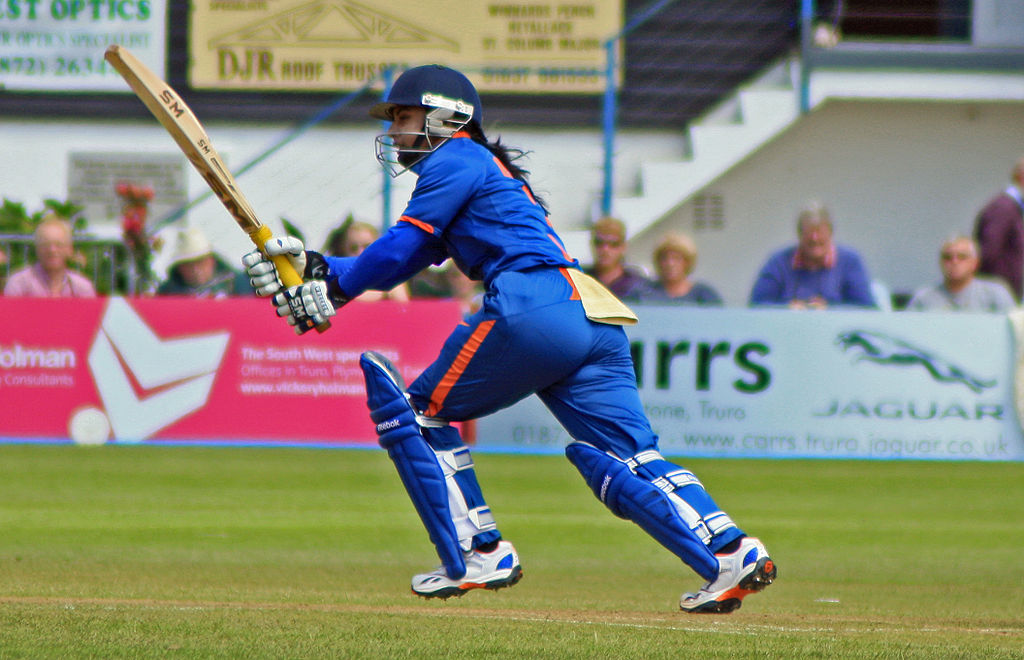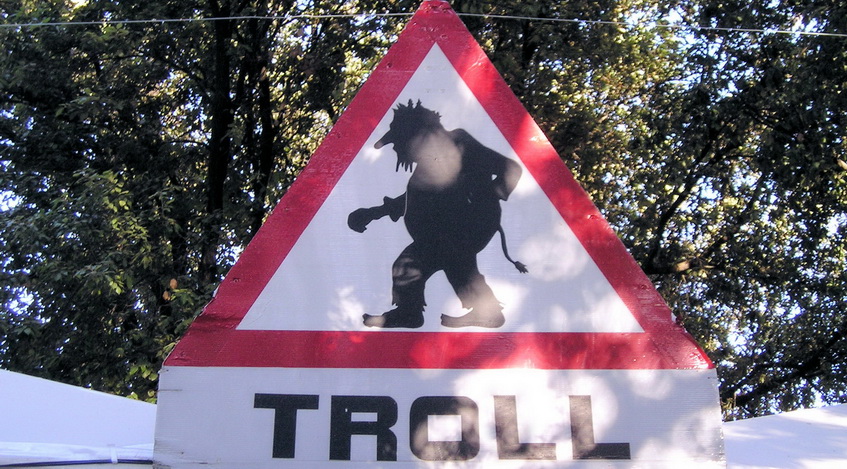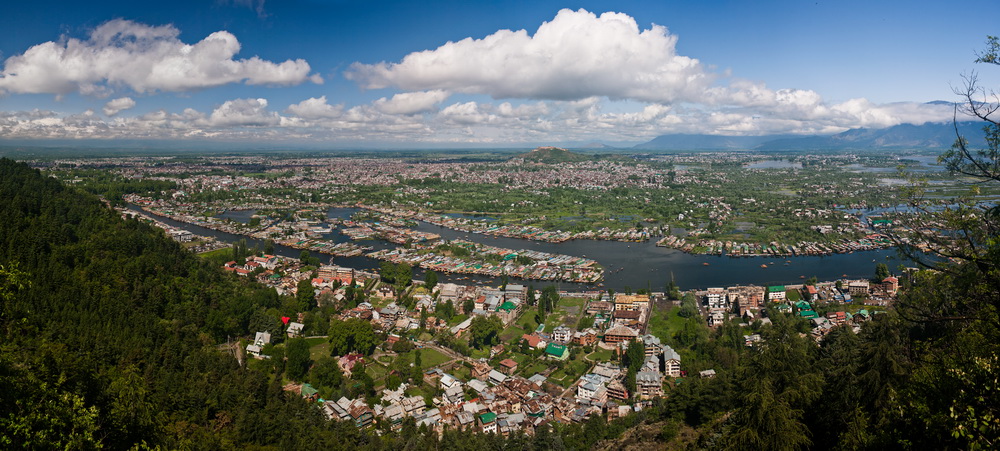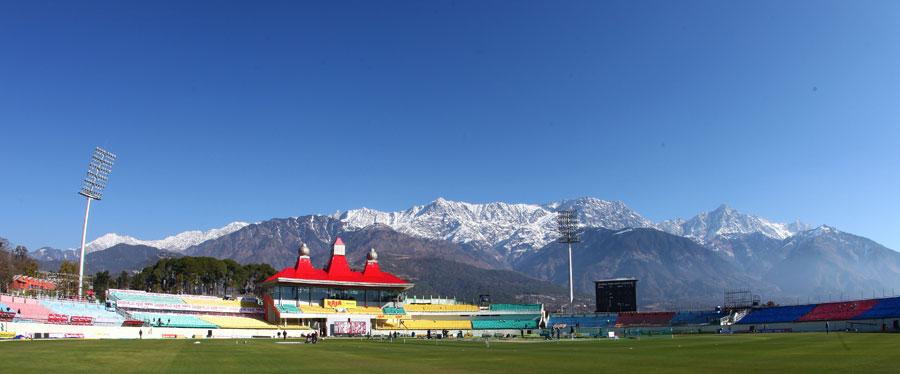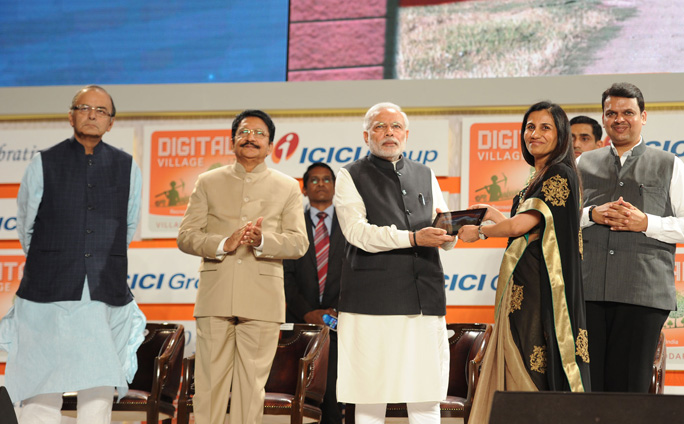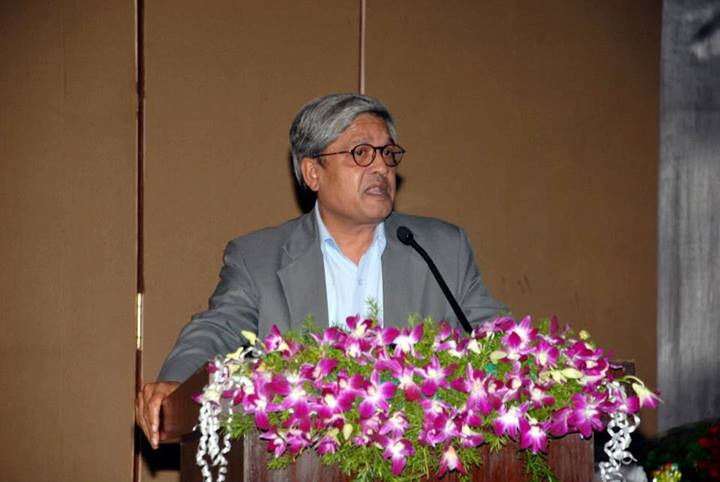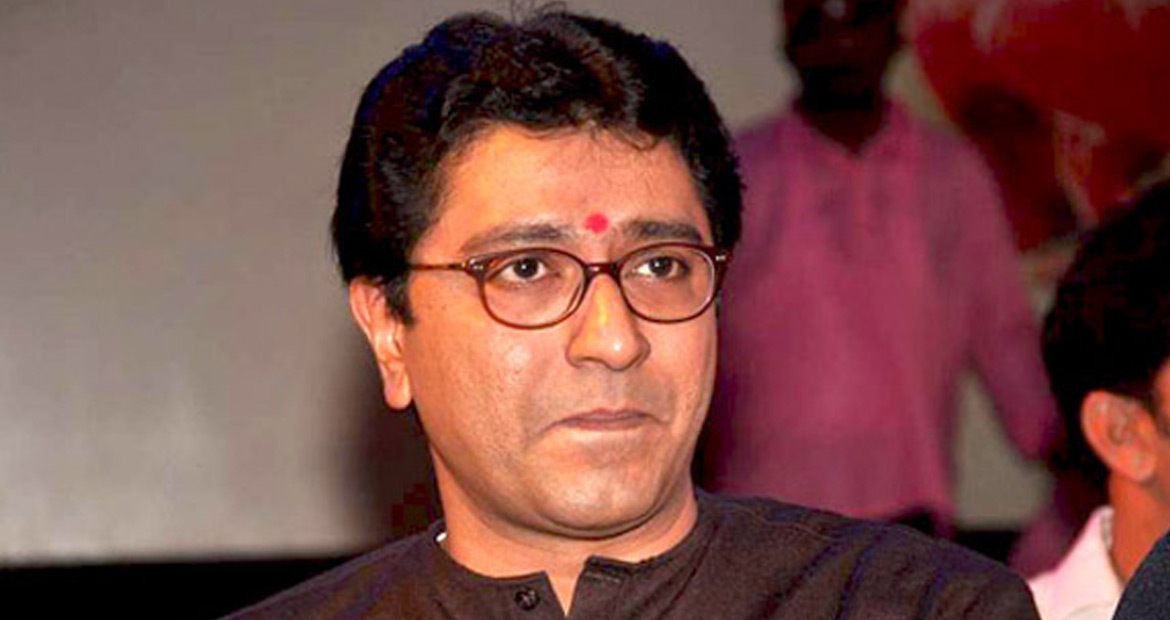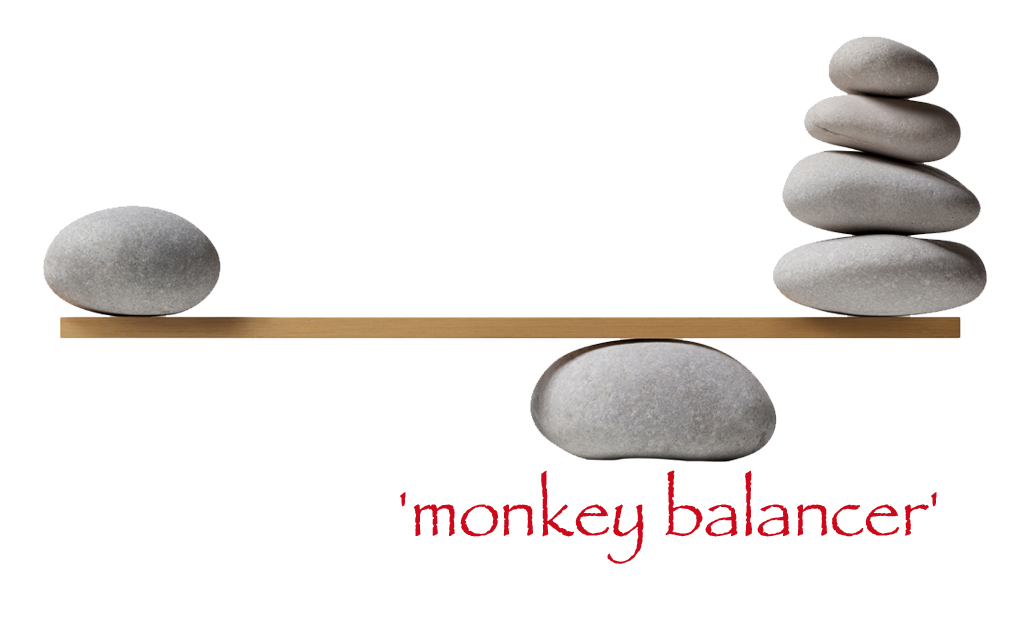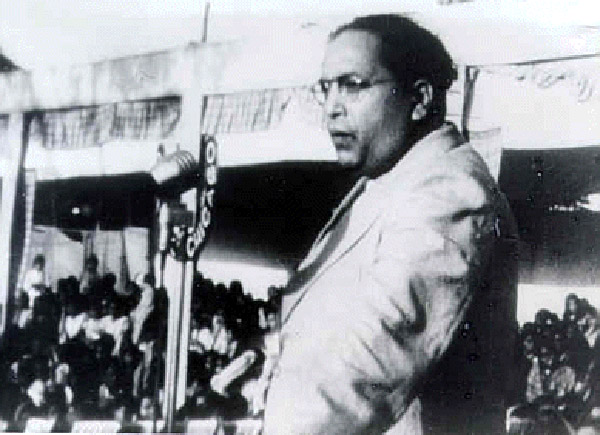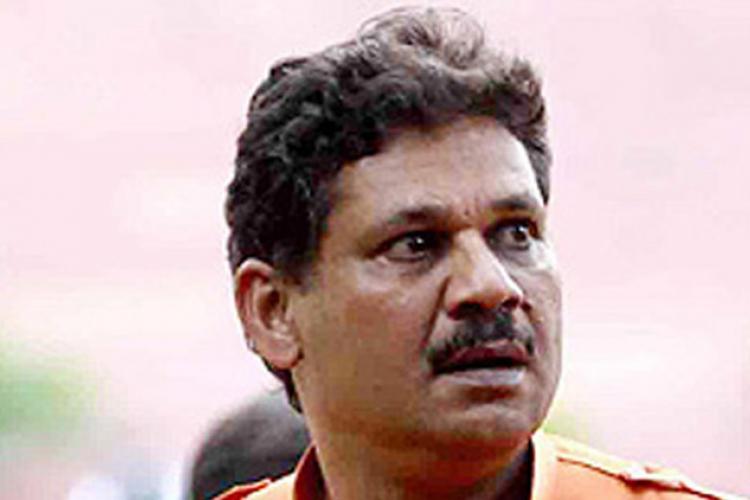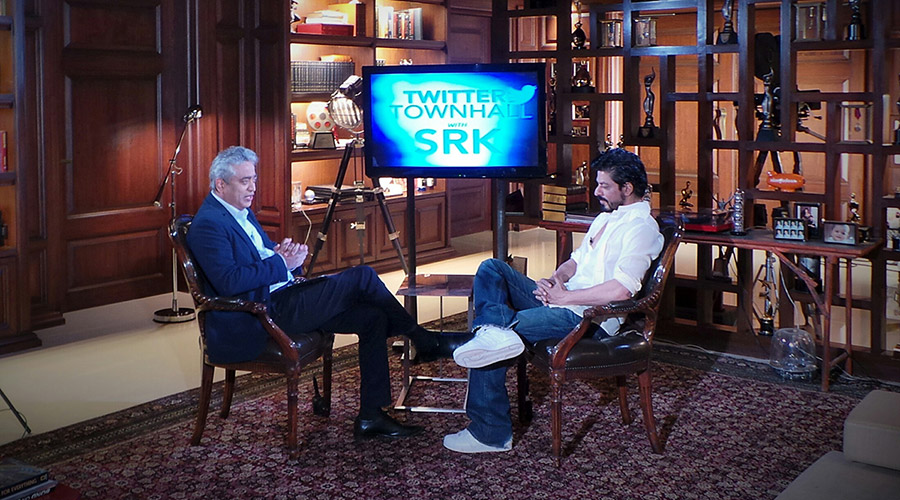
When Narendra Modi is on the campaign trail in his ‘janmabhoomi’ of Gujarat, his rabble-rousing rhetoric usually gets even more theatrical. Not surprisingly then, he chose a public rally in Ahmedabad last week to launch into a ferocious attack on Pakistan: ‘ghar mein ghuskar maarenge’, he thundered while threatening more air strikes against Pak-based terror camps. The adoring crowd, which until then had been relatively subdued, erupted into loud applause. This was the melodramatic dialogue they were waiting for and Modi, their macho hero, had not disappointed them. This was classic political demagoguery resembling a Sunny Deol potboiler script, where the costs of waging war with a nuclearized neighbor could be easily discounted.
The shrill anti-Pakistan tone is not new to Gujarat’s political landscape. In the state election campaign of 2002, against the backdrop of the Godhra train burning and alleged links of the suspects with Pakistan, Mr Modi had positioned ‘Miyan Musharaff’ as his prime ‘enemy’, the ‘Miyan’ allusion to the Pakistani dictator an obvious election dog-whistle for the Gujarati Muslim. In the 2017 Gujarat campaign, he went a step further, virtually accusing Pakistan of colluding with the Congress and even bizarrely suggesting that his predecessor Dr Manmohan Singh was plotting with Pakistani officials against his government by attending an informal dinner with high-profile guests from across the border. Dr Singh rightfully demanded an apology: he never got one.
That the Pakistani references had a deliberate and sinister edge was confirmed when Mr Modi in a 2017 rally in a border town of Gujarat claimed that a retired Pakistani general was pushing for Congress leader and Sonia Gandhi’s political secretary ‘Miyan’ Ahmed Patel to be made the next Gujarat chief minister. This time, the reference was to an alleged Facebook post that in reality never existed. The fake news did not stop posters from mysteriously appearing overnight in Surat city, hailing Mr Patel as a CM in waiting. When coupled with the charge of treason against Dr Singh, it reflected a new low in Gujarat’s toxic political campaign where the minorities are routinely demonized as the ‘enemy within’.
The question is, will the fear-mongering around Pakistan’s terror militias and their alleged ‘local’ links now acquire a national resonance in the 2019 general elections? Gujarat, after all, shares a border with Pakistan and has a long history of communal riots. The demographic mix of urban Gujarat and the distinct geographical ‘boundaries’ and segregated communities within its walled cities, allows for the politics of majority consolidation to be practiced with utter brazenness. But would the rest of India buy Mr Modi’s insinuation that the ‘pro-Pakistan’ opposition is working in tandem with Islamabad to remove him from office because he has shown the will to strike inside Pakistani territory?
Recall the Bihar 2015 assembly election campaign when the BJP president Amit Shah had warned voters that if the opposition ‘maha-gatbandhan’ won, crackers would be burst in Pakistan. The attempt to link his adversaries (who in that election included now ally Nitish Kumar) to the ‘enemy’ across the border was designed once again to prey on the anxieties and insecurities of the ‘Bihari Hindu’ voter. But even that last minute desperate attempt by the BJP leadership failed against the sheer arithmetic of the wide caste coalition that was ranged against them. Even in its previous Jan Sangh avatar, when the sangh parivar espoused the notion of an ‘Akhand Bharat’ and an annihilation of Pakistan as its core agenda, the voter wasn’t particularly enthused. The post-Kargil war general election of 1999 also did not see any dramatic swell in voter support. Nor was the Delhi voter swayed when the city-state went to the polls in 2008 within days of the horrific Mumbai 26/11 terror attack despite the BJP putting out full page ads on polling day blaming the Congress for failing to stop the terror merchants: Sheila Dikshit would go on to record a hat trick of wins.
And yet, if the BJP seems convinced that this time it can capture the election narrative by relentless Pak-bashing, it is partly a weakened and divided opposition which has aided the process. With several opposition leaders demanding ‘proof’ of the damage done by air-strikes, the opposition is in danger of falling into the carefully laid trap of the Modi-Shah machine. When rising unemployment and falling agriculture income figures should be the key talking point for the Congress-led opposition, far too many of their leaders seem to be spoiling for a fight over national security.
With a TRP-hungry prime time news tv as an ever-willing echo chamber, ‘muscular nationalism’ is the terrain which suits Hindutva politics and Mr Modi in particular, especially across the Hindi heartland where the 2019 elections will be won and lost. In the early 1990s, the BJP had created a Hindutva ‘wave’ on the Ram Janmabhoomi issue with sants and sadhus as their support cast. Now, it’s the men in uniform who are being used to create an emotional ‘nationalist’ upsurge around the notion of a strong ‘Hindu’ nation taking on a ‘Islamist’ Pakistan with Mr Modi as the mascot of this new majoritarian ‘awakening’. The young millennial voter, impatient and seemingly cynical of the more traditional diplomatic methods of dealing with a ‘rogue’ Pakistani army-terror machine, is a specific target of this ‘Modi hai toh mumkin hai’ tough-talking war-mongering pitch.
Perhaps, a more engaged and ideologically robust opposition could offer a meaningful challenge to the Modi brand of ‘Hindutva nationalist’ politics as they did in the 1990s when the ‘mandir wahin banayege’ saffron army was stopped in its tracks in UP. But then the challengers were a feisty battle-hardened Netaji in Mulayam Singh Yadav and an assertive and rapidly rising force in the Bahujan Samaj party. Whether a tiring and compromised Mayawati, a still untested Akhilesh Yadav and a much too cocooned Rahul-Priyanka duo can offer a similar contest to the well-entrenched Modi juggernaut is uncertain.
Moreover, while the Vajpayee-Advani generation of BJP leaders in the 1990s were conscious of a broad parliamentary etiquette, the Modi-Shah loyalists have little time for political correctness or constitutional niceties. Which might explain why when questioned on the stark intelligence failure in Pulwama, the instant response of BJP spokespersons is to get aggressive and lampoon their critics as ‘anti-national Pakistanis’! When the battle-lines are drawn between ‘desh-bhakts’ and ‘desh-drohis’ in such crude terms, then the political climate is bound to be vitiated.
Post-script: The original trademark for Pak-bashing as an instrument of domestic politics lies with the Shiv Sena chief, Bal Thackeray. In 1991, when Shiv Sainiks dug up a Mumbai cricket pitch to protest against an Indo-Pak cricket match, Mr Thackeray was in a celebratory mood. ‘I am proud of my boys, they have taught Pakistan a lesson!” he told us. What Thackeray claimed to have achieved with the vandalism of a cricket pitch in Mumbai, Mr Modi now hopes to gain with an air strike in Balakote.


